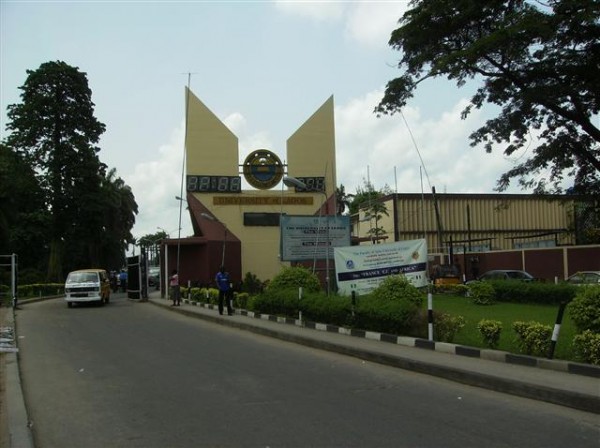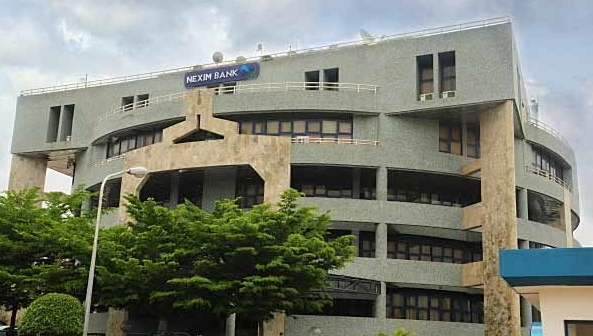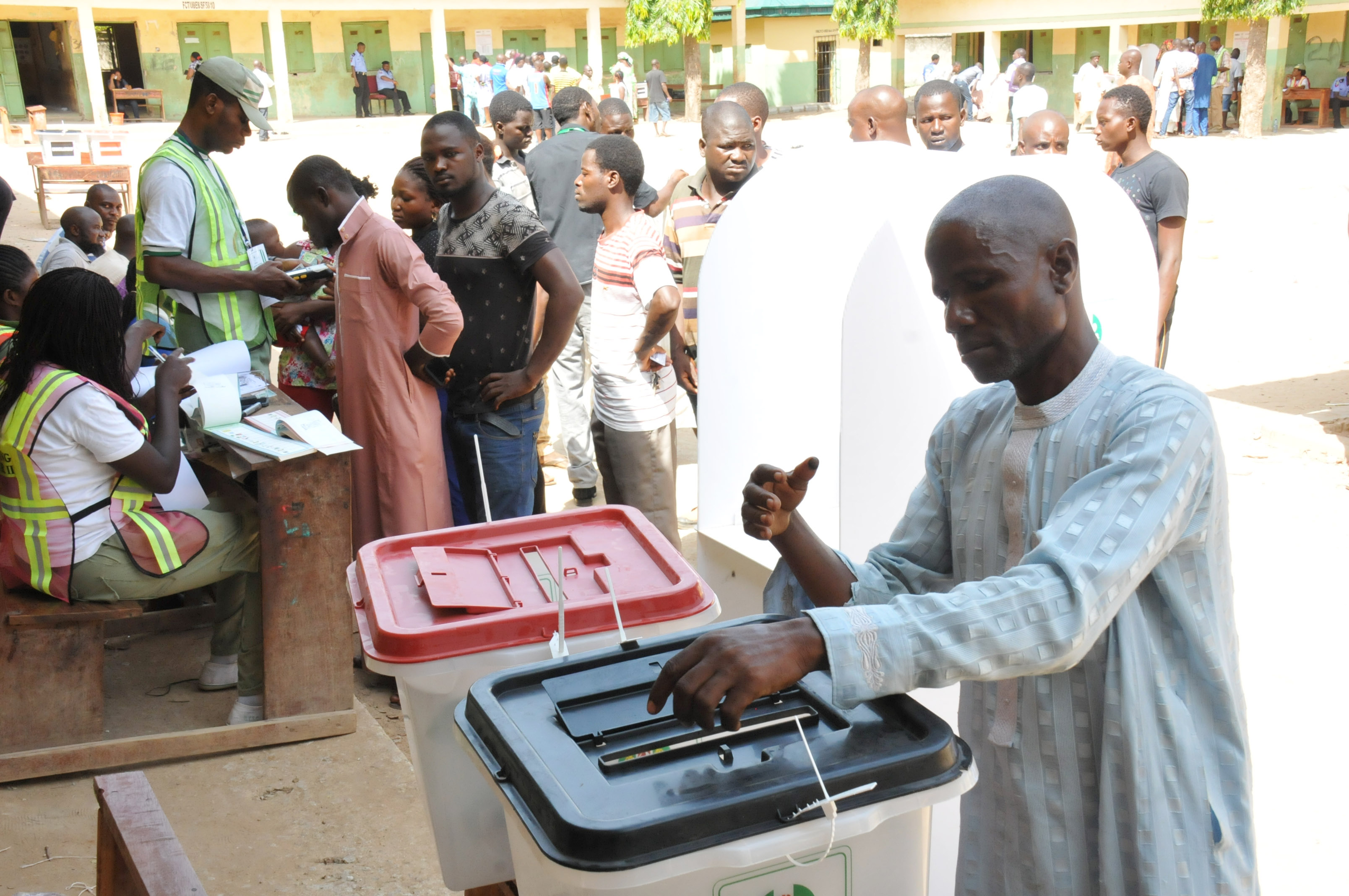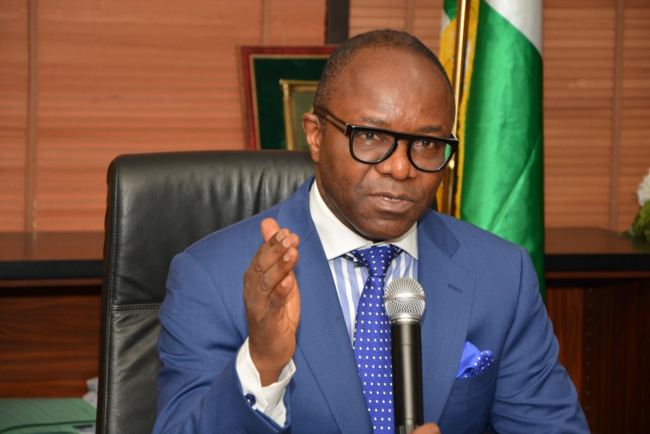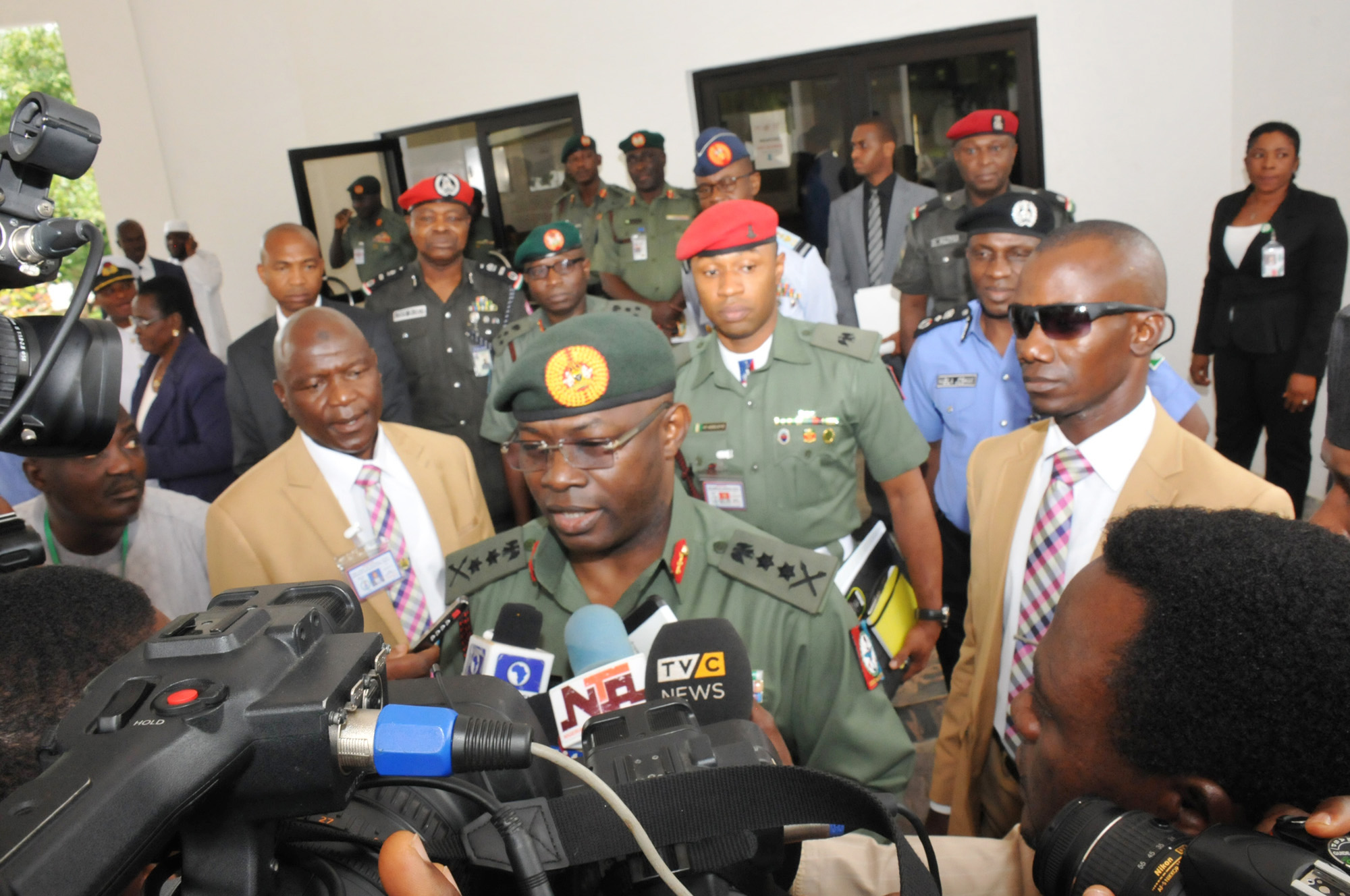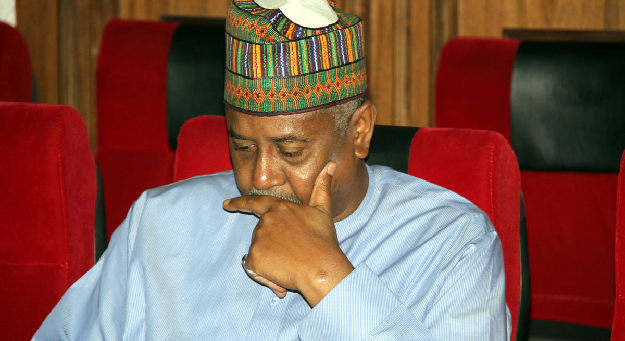BY DAVID ELIJAH
Obtaining a doctorate degree is in no way an easy task anywhere in the world. In Nigeria, it is rather much more complex and discouraging. The reason is not far-fetched. While other countries have moved from funding PhD research in their tertiary institutions to attracting postgraduate fellowships to their countries, Nigeria is yet to realise that its current research funding approach is less effective. In this short write-up, I will look at how Nigeria and Pakistan, both developing countries, approach research funding. One would wonder why a postgraduate student in Nigeria will travel to Pakistan for a 6-12 months bench work or a complete PhD programme.
The population of Pakistan is slightly above that of Nigeria, around 190 million people. While Nigeria is ranked the 21st largest economy in the world in terms of nominal GDP and the 20th in terms of Purchasing Power Parity, Pakistan is 43rd and 24th respectively. Nigeria’s foreign reserve is around 40 billion dollars while Pakistan records 22 million dollars in foreign reserve. Unlike Nigeria whose economy is dependent on oil export, Pakistan exports textile, leather goods, sports goods, chemicals and carpets/rugs. Just like Nigeria, Pakistan faces the same epileptic power supply, terrorism and to an extent, corruption.
The Higher Education Commission (HEC) oversees and regulates higher education in Pakistan, just like National University Commission (NUC) in Nigeria. The HEC also facilitates upgrading of universities and colleges and also provides doctoral scholarships both home and abroad, similar to what Tertiary Education Trust Fund (TETFUND) does in Nigeria. The annual budget of HEC in naira equivalent is about 171 billion compared to the 2016 budget of only TETFUND which is about 213 billion naira. Even though Nigeria’s naira depreciated to ₦3 (Nigerian naira) per 1Rs (Pakistani rupees), Nigeria seems to have much more money and robust economy than Pakistan.
In the 2016 Quacquarelli Symonds (QS: a British ranking agency) ranking of world universities, six Pakistani institutes of higher education were ranked among the world’s top 800 universities. Two of the universities were ranked 501-550 and 651-700 while the other four were ranked 700+. The only Nigerian University that came close was University of Ibadan at 800+. Based on these background facts, let us look at what HEC does differently that increases their university ranking above that of Nigeria.
Advertisement
Firstly, with epileptic power supply, research work cannot be sustained in the university. Pakistan also has similar power supply problems just like Nigeria. In Pakistan universities, there are standby high voltage alternative power sources that automatically generates electricity during power cut to the main laboratories where constant research work is going on. With this method, research samples, reagents and chemicals that are temperature sensitive are adequately stored; hence research works are executed within a proposed time frame without waste of resources. The power issue in Nigeria makes it more difficult for science researchers to carry out meaningful research work because of fear of possible waste of resources. Hence researchers resort to less quality research work which directly affects the overall research outlook in our tertiary institutions.
Secondly, HEC purchases and upgrades research equipment for Pakistani universities. It is common for one to find all the basic and some advanced equipment required for a particular research work in one institution. Such instruments are also present in Nigeria but are scattered from one institution to the other. As a result, the research students move from North to South, East to West in search of this equipment.
Again, just like TETFUND, HEC also offer their postgraduate students’ opportunity to be funded both home and abroad. But unlike TETFUND, the opportunity is not limited to only academic staff in higher institutions; any postgraduate student can apply. Also, the selection process is made by the commission with less politics, unlike in Nigeria where institutions are responsible for the selection process.
Advertisement
One of the most important strategies applied by HEC is in research grants awarded to individual/group researchers in tertiary institutions. In this regard, Nigeria institutions are responsible for the selection process while TETFUND provides the funding. The HEC is not just responsible for the selection of recipients but also the research proposal must meet a very important criterion. The research project must be able to accommodate at least the bench work of one PhD student and one MSc student with a monthly stipend. In this way, postgraduate research work becomes less expensive for individual students, more projects are executed in record time, quality research works are produced, more articles are published in high impact factor journals and the academic ranking of the country goes higher each year.
One of the challenges that face a foreign scholar upon return to Nigeria is the ability to sustain his/her research interest because of lack of these basic tools in our institutions. Nigeria has the potential and resources to upgrade its university’s research laboratories such that international funding organizations can partner with our institutions through NUC for postgraduate fellowships. For example, The World Academy of Sciences (TWAS) partners with developing countries’ institutions for postgraduate fellowships. While the organization provides research funds and stipends, the host institution provides research facilities. With a change of strategy, Nigeria will achieve better.
Elijah is a lecturer at the Federal University, Ndufu-Alike, Ikwo, Ebonyi state
Advertisement
Views expressed by contributors are strictly personal and not of TheCable.
Add a comment
